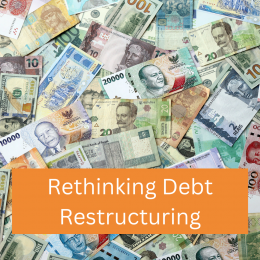
Views and proposals from civil society
The international financial architecture is in urgent need of reform. In the words of UN Secretary-General António Guterres, it is "outdated, dysfunctional and unjust". The main institutions were created 80 years ago in a transatlantic agreement, at a time when many of the world's nation-states of today were still colonies. Moreover, the institutions have failed in their mission to prevent and mitigate crises and to mobilize sufficient financing for internationally agreed development goals.
The reform of the international financial architecture is currently a major topic on the United Nations agenda, at major events such as the UN Summit of the Future and the Fourth International Conference on Financing for Development. Parallel discussions are taking place in other fora, such as the G20 or the governance bodies of the World Bank and the International Monetary Fund. To inform these processes, independent researchers from academia and civil society have written this new research report. In eight chapters, the authors rethink the financial architecture and make proposals for new foundations, for fundamental reforms towards more legitimate and more effective institutions.
Table of contents
Overview: Reforms to the international financial architecture – a work in progress
Full report: Out now!
Watch the video of the report launch at the Social Forum of the UN Human Rights Council in Geneva on 31 October 2024.
Chapter 1 - Rethinking debt restructuring: A rights-aligned approach
By Maria Ron Balsera, Maria Emilia Mamberti and Matthew Forgette

Chapter 2 - Liquidity without increasing debt: Special Drawing Rights
By Patricia Miranda

Chapter 3 - Affordable finance: How to cancel the hidden expenses of risk premiums for States and private actors
By Oliver Pahnecke and Juan Pablo Bohoslavsky
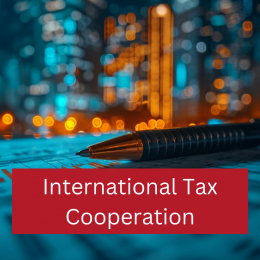
Chapter 4 - The UN Framework Convention on International Tax Cooperation: What do we want it to achieve?
By Chenai Mukumba

Chapter 5 - A climate finance architecture fit for achieving the New Collective Quantified Goal
By Avantika Goswami and Sehr Raheja

Chapter 6 - How can we mend a broken system? Looking for ways to reform the International Financial Institutions
By Daniel Kostzer
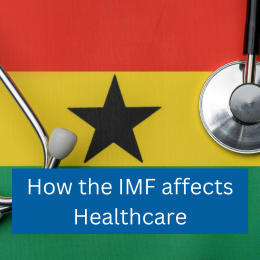
Chapter 7 - How IMF conditionalities affect healthcare in Ghana – and what to do about it
By Daniel Oberko
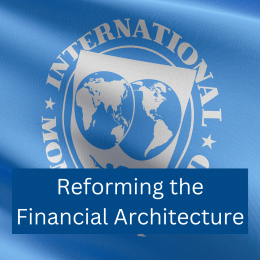
Chapter 8 - Reforming the International Financial Architecture: Addressing the IMF’s social legitimacy crisis
By Ohiocheoya (Ohio) Omiunu and Chioneso Samantha Kanoyangwa
Images: Adobe Stock (Rike Sklorz/Kalinski Media)
With contributions from:


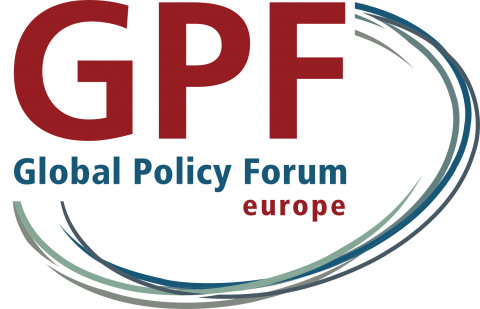

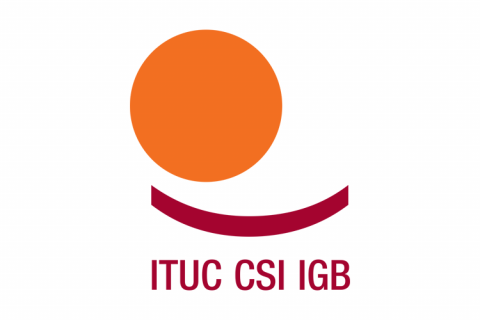


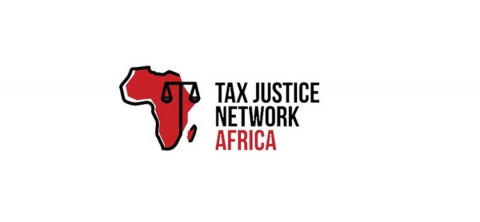
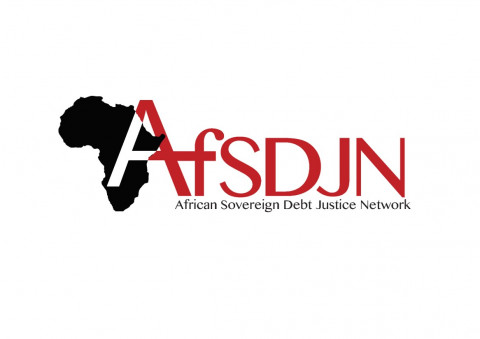
With the support of Brot für die Welt and Friedrich-Ebert-Stiftung



